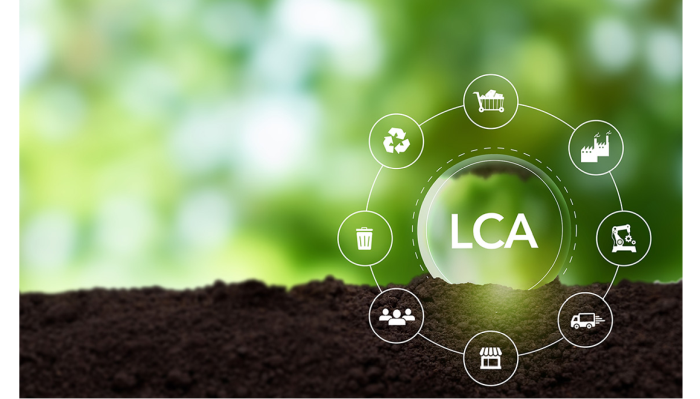We are happy to share that our TUD partner has published a new article titled: “Environmental impact assessment of CRM‑free supercapacitor electrode materials based on the building materials cement”.
The study presents a life cycle assessment of sustainable supercapacitor electrodes made from abundant, locally sourced materials such as cement, nanocarbon black, and water. Using ISO guidelines and the ReCiPe 2016 midpoint method, the analysis shows that cement-based electrodes generally have lower environmental impacts than graphene oxide aerogel-based alternatives, except in ionising radiation and land use.
Electricity use emerged as the main contributor to environmental impact, highlighting the importance of energy sources and efficiency in production. The study supports the potential of CRM-free electrodes in sustainable energy storage and offers insights for researchers and stakeholders. Future work will explore the use phase and end-of-life aspects to enable a full life cycle comparison.

